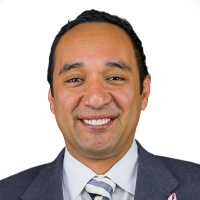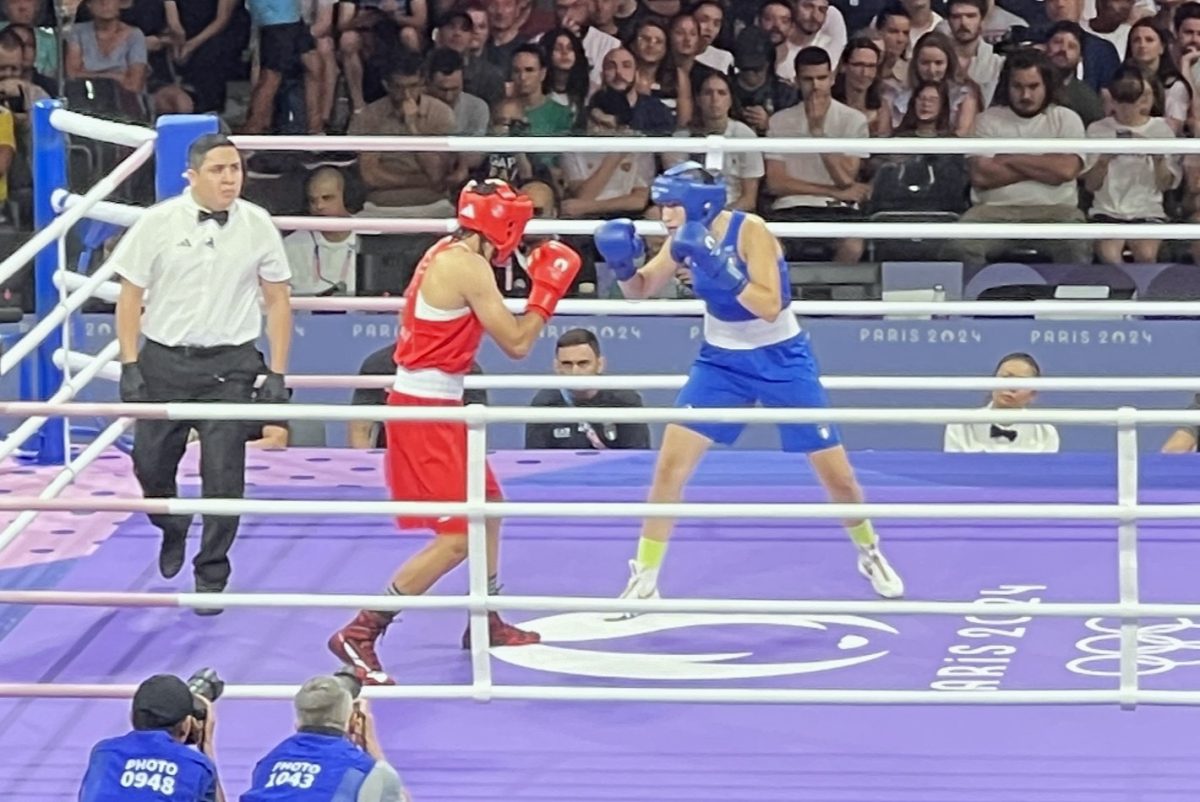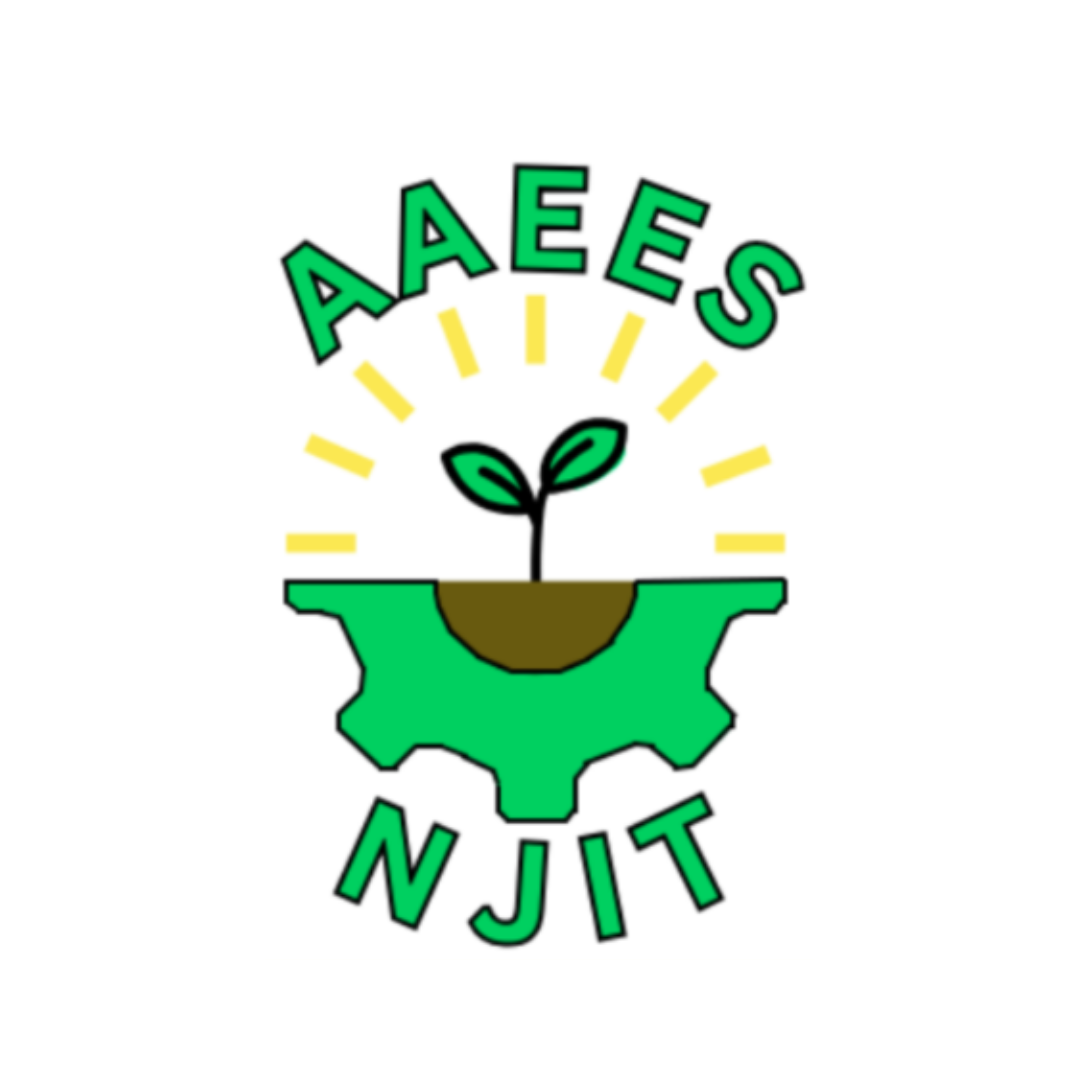
David: Greetings Mr. Cristo, where did you grow up?
Leon: I grew up in Mexico until I was about 19 to which I proceeded to Wisconsin to study as an exchange student in 98’. Afterwards, I went back to Mexico to finish my degree in Theater and Cultural promotion. From there I moved to South America for a couple of months to connect with the communities and complete my research. Then I came back to Mexico and then moved to Paris for almost 2 years. Then I came back to Mexico and I ended up meeting my wife to which we moved here in Newark. I have been living in the states for the last 6 years and I have been working at NJIT for 3 years. Before here I was working at a County Community college as an assistant director for e-learning.
David: What is your role here at NJIT?
Leon: I am an admin. Basically, my position is quite interesting. Couple of years ago our directors decided that they needed to get from one level to the next. This is when they created the Vision 2020 and for the particular field that is research, they decided they needed to restructure a lot of things. One of the things they needed was a professor of research in the colleges. In my case, I was assigned as an ambassador that has two bosses. The director of the office of research, and the dean. Being put into that 50/50 split, I need to be translating between both worlds. Part of the time I am defending what the chair, the dean, and the professors would like to implement, but if they come up with an idea that doesn’t follow policy I report it as a bad idea. Oppositely, when I am working for the office of research, I say, “These ideas are really great, we should support them, I know you do not approve of them, but I have confidence in them”. So I am kind of like in a really weird ambassadorial position in between these two branches.
David: Where do you see the benefit of research and how has it translated back to NJIT?
Leon: I come from selling intangible value. What I am trying to do is go to the government and tell them they need to invest in the culture and happiness in kids. When you are trying to sell that to the government, they ask if you are out of your mind. Well, there are studies that happy kids grow into happy adults. If these grants are presented where you show that these kids will benefit in a few years then vote for you again, they understand your approach.
David: A long-term investment rather than a short-term project?
Leon: Culture is always a long-term investment. There is not a single society that think of going to watch theater performances when they are at war or some other type of conflict. When I moved from that role of selling impossible dreams to where we have a course that has been proven to work, that is a for example a business course, that is super tangible, it makes the case much easier to sell. When I came to NJIT, what basically happened is that the culture that NJIT has built itself upon has now allowed it to expand in research. When they get to 20 million, how do we get to 30 million? Then how do we get to 50 million? It turns out to get to the next level, you have to do more educational research, more humanistic research and we do not have a college for that. That is when NJIT decided to do a lot of changes in the college of research and that is when they brought in my position to open up more research at other college departments.
David: Thank you very much for your time Professor, I hope to speak with you again soon.
Leon: You as well David. Thank you for this interview.
































